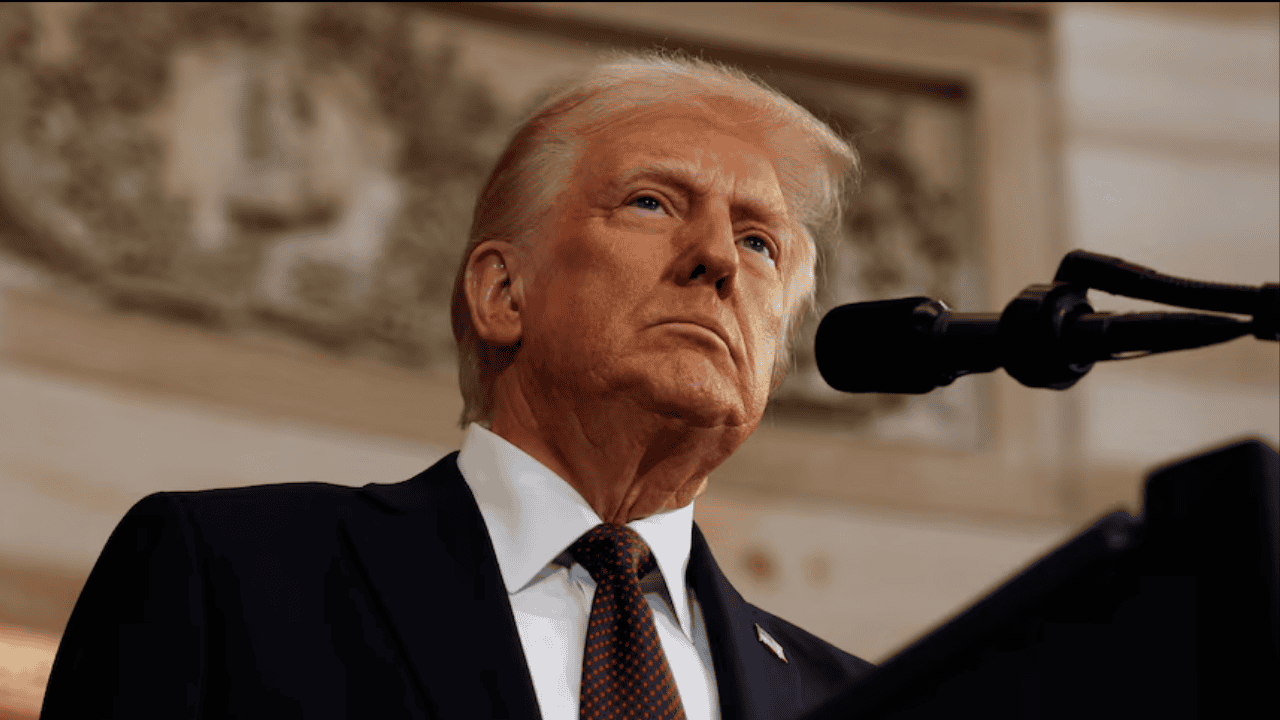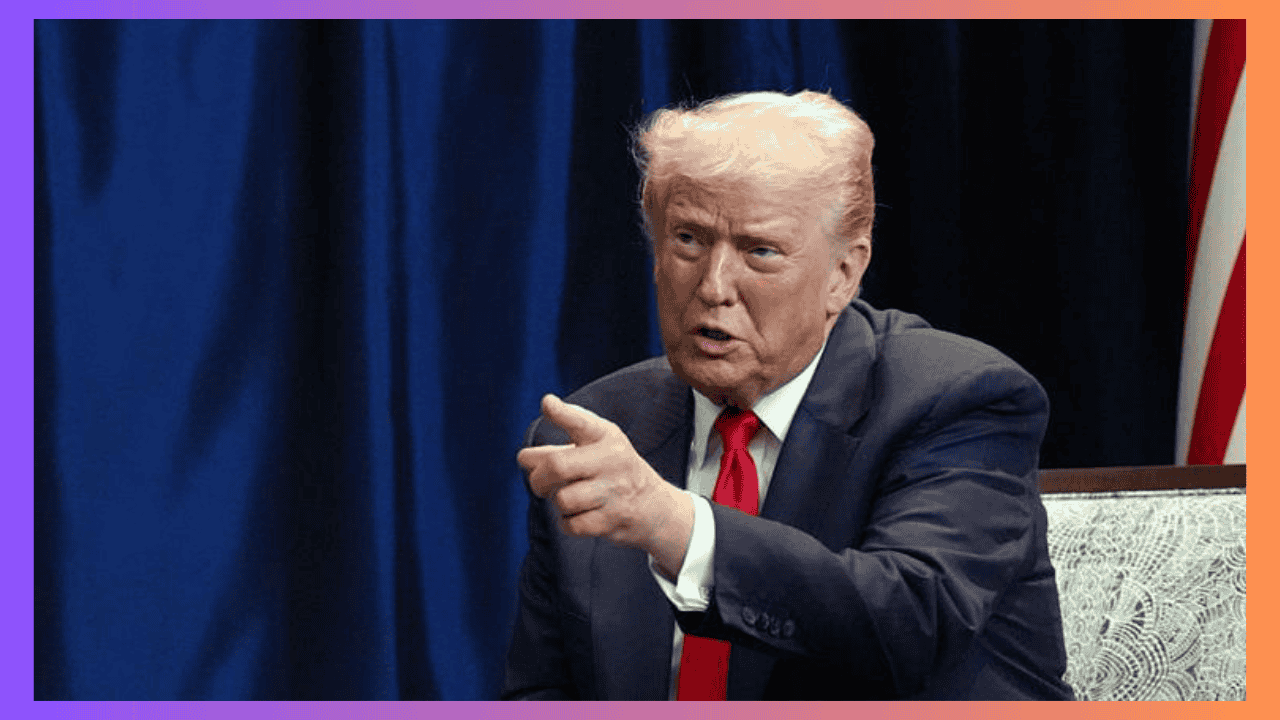House Speaker Mike Johnson’s decision not to swear in Arizona’s newly elected Representative, Adelita Grijalva, has sparked political and legal controversy in Washington. His refusal, which has delayed Grijalva’s official seating, led Arizona Attorney General Kris Mayes to file a federal lawsuit demanding her immediate induction. The move has raised concerns about fair representation for thousands of Arizona residents still awaiting a voice in Congress.
Supporters of Grijalva accuse Johnson of stalling for political reasons, arguing that his delay could affect pending legislative votes. Johnson, however, insists he is only following established procedure and points to similar actions taken by former Speaker Nancy Pelosi as justification for waiting until the House reconvenes.
The ongoing dispute has now evolved into a constitutional question—whether the Speaker has the authority to postpone an elected representative’s oath of office. The lawsuit seeks quick court intervention, while the debate continues to divide lawmakers along party lines.

Lawsuit Filed Over Oath Delay
Arizona Attorney General Kris Mayes recently filed a federal lawsuit against House Speaker Mike Johnson after he refused to administer the oath of office to Rep.-elect Adelita Grijalva. The suit calls for immediate action, citing that more than 800,000 Arizonans remain unrepresented in Congress due to the delay.
Johnson has defended his choice, referencing former Speaker Nancy Pelosi, who in past terms postponed certain oaths until the next formal session. “We’ll give her the oath once we reconvene,” Johnson said, maintaining that the decision follows House rules and precedent.
Political Tensions and Differing Views
Critics say Johnson’s reasoning does not line up with past practices. They note that several lawmakers have been sworn in outside normal sessions under both Republican and Democratic leadership. Many believe that this selective enforcement points to political motives rather than procedural fairness.
Some Democrats argue that Grijalva’s seat could give their party a vital vote to push forward an important measure needing 218 signatures. On the other hand, Johnson’s supporters claim the House should maintain consistency and only conduct oaths during official meetings.
Broader Implications and Epstein Connection
According to the lawsuit, Speaker Johnson may have exceeded his constitutional powers by withholding Grijalva’s oath. It demands an immediate court order to ensure her rightful seating in the House. So far, the House leadership has not responded publicly.
Meanwhile, Democratic lawmakers allege Johnson’s decision is linked to ongoing discussions about the release of documents concerning Jeffrey Epstein. They argue that Grijalva’s vote could have influenced key actions tied to those files. Johnson dismissed the accusation as a distraction, saying that thousands of Epstein-related pages, including flight records and phone logs, have already been made public.









